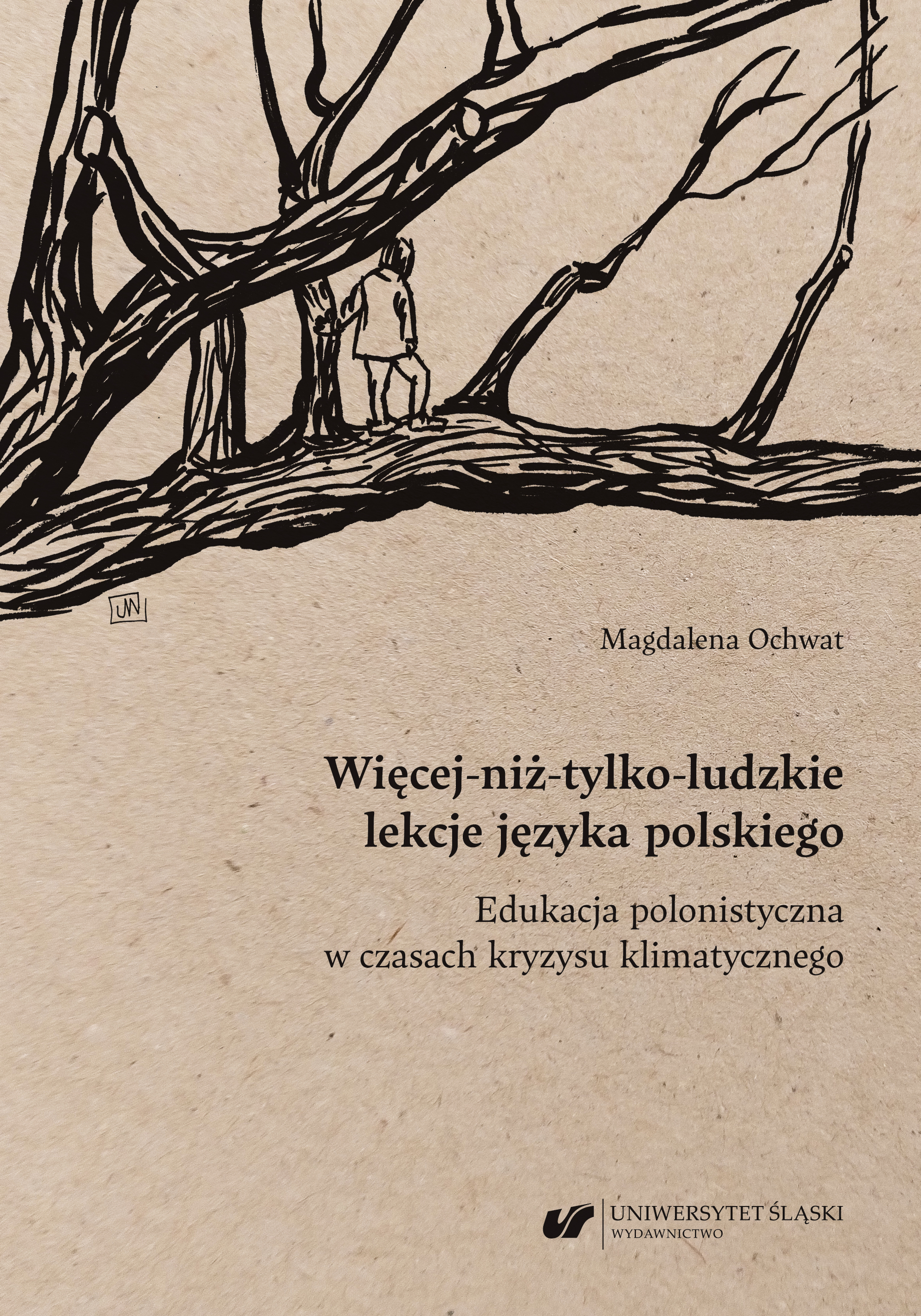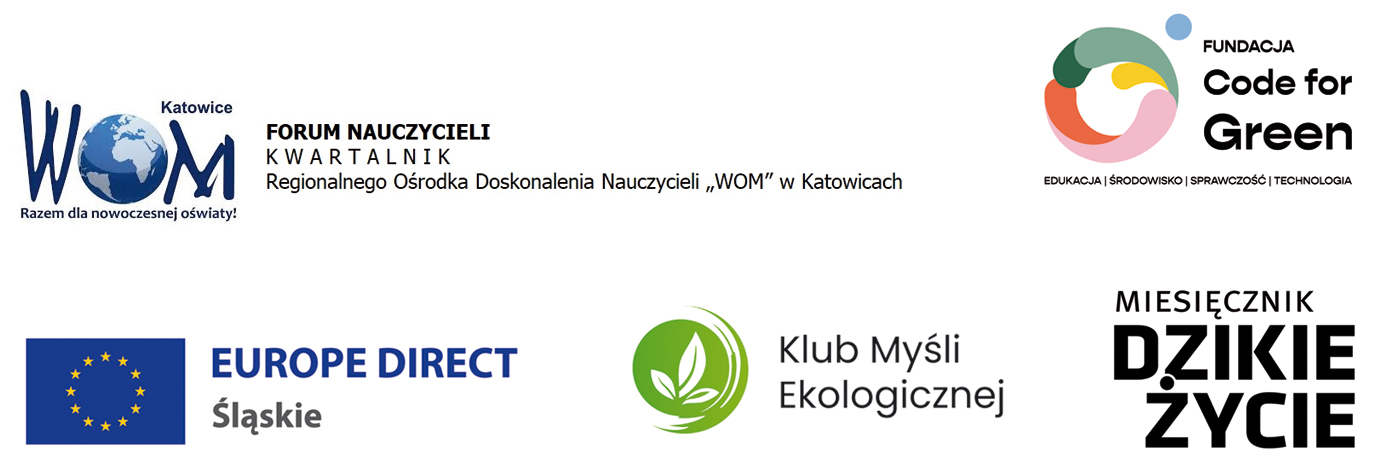More-Than-Human Lessons in the Polish Language. Polish Education in Times of the Climate Crisis


This work is licensed under a Creative Commons Attribution-ShareAlike 4.0 International License.
Details about the available publication format: DOWNLOAD FOR FREE
Details about the available publication format: BUY THE BOOK
Synopsis
An interest in environmental humanities has been gaining momentum in recent years, with both scientific research and academic education experiencing dynamic growth. There is also a noticeable increase in civic engagement to protect forests from logging and rivers from further regulation. However, a significant challenge lies in the lack of adaptation of environmental humanities for application in the Polish school system. Addressing this gap is one of the challenges in contemporary education.
In the book More-Than-Human Lessons in the Polish Language. Polish Education in Times of the Climate Crisis, I outline the possibilities of comprehensive transformations brought about by environmental analyses and interpretations that can be successfully applied in the Polish language classes. Environmental humanities, with its revisionist force, can alter the perception of the archaic literary canon, allowing a reinterpretation that unveils more-than-human history of the world and the creation of new narratives. The school should actively participate in weaving these transformative narratives, contributing to an "ecological metanoia".
In times of climate and environmental crisis, we need new concepts, a new language, new stories, and new actions in education. These new actions can be translated into the process of unlearning dominant practices and styles conveyed by literature, including the school reading canon. "New" also suggests revisiting old issues with a fresh perspective and care for the Earth. The school should quickly provide opportunities for changing students' thinking, creating a new environmental imaginary beyond the nature-culture dualism and weakening anthropocentrism in favor of alliances that encompass more-than-human entities. It could also initiate a shift in societal thinking from further "cheap nature accumulation" to creating new systems based on symbiotic principles, as proposed by botanist Robin Wall Kimmerer, viewing nature as a gift rather than a commodity.
The goal of this book is to explore how Polish language lessons can become a space for achieving "proecological metanoia", recognizing and seizing Kairos as the opportune moment to act for the Earth and all its inhabitants. Literature, art, and stories are still assigned too little role in the fight against climate change, and environmental humanities education lacks sufficient advocates and promoters in Poland. Yet, the Polish language, as a school subject, possesses suitable tools for spreading ecological values among the youth–cultural texts, literature, film, photography, sculpture–drawing on methodologies developed by the new humanities. These favorable conditions and the potential of humanistic sciences need to be utilized.
In the book, I propose environmental interpretations of “The Wonderful Adventures of Nils” (Polish title: „Cudowna Podróż”) by the Swedish Nobel laureate Selma Lagerlöf, a book included in the optional reading canon of primary schools, as well as selected excerpts from mandatory readings–such as the description of Lithuanian forests in "Pan Tadeusz" and the narrative of objects and their treatment by humans in Andersen's fairy tale "Imbryk." Although the texts I selected have a solid foundation in historical-literary tradition and school reading methodology, I am interested in how they could resonate with natural sciences in the spirit of the new humanities, creating new symbiotic narratives in schools.
The publication includes various environmental declarations that can be used in schools, such as the Declaration of Tree Rights, Declaration of Memory Rights for the Earth, World Charter for Nature, and Plant Rights Charter. Readers will also find a selection of environmental reportages that can be read in whole or in part during Polish language classes, along with chosen proposals from the latest fiction and popular science literature aimed at young readers.
Patronat




